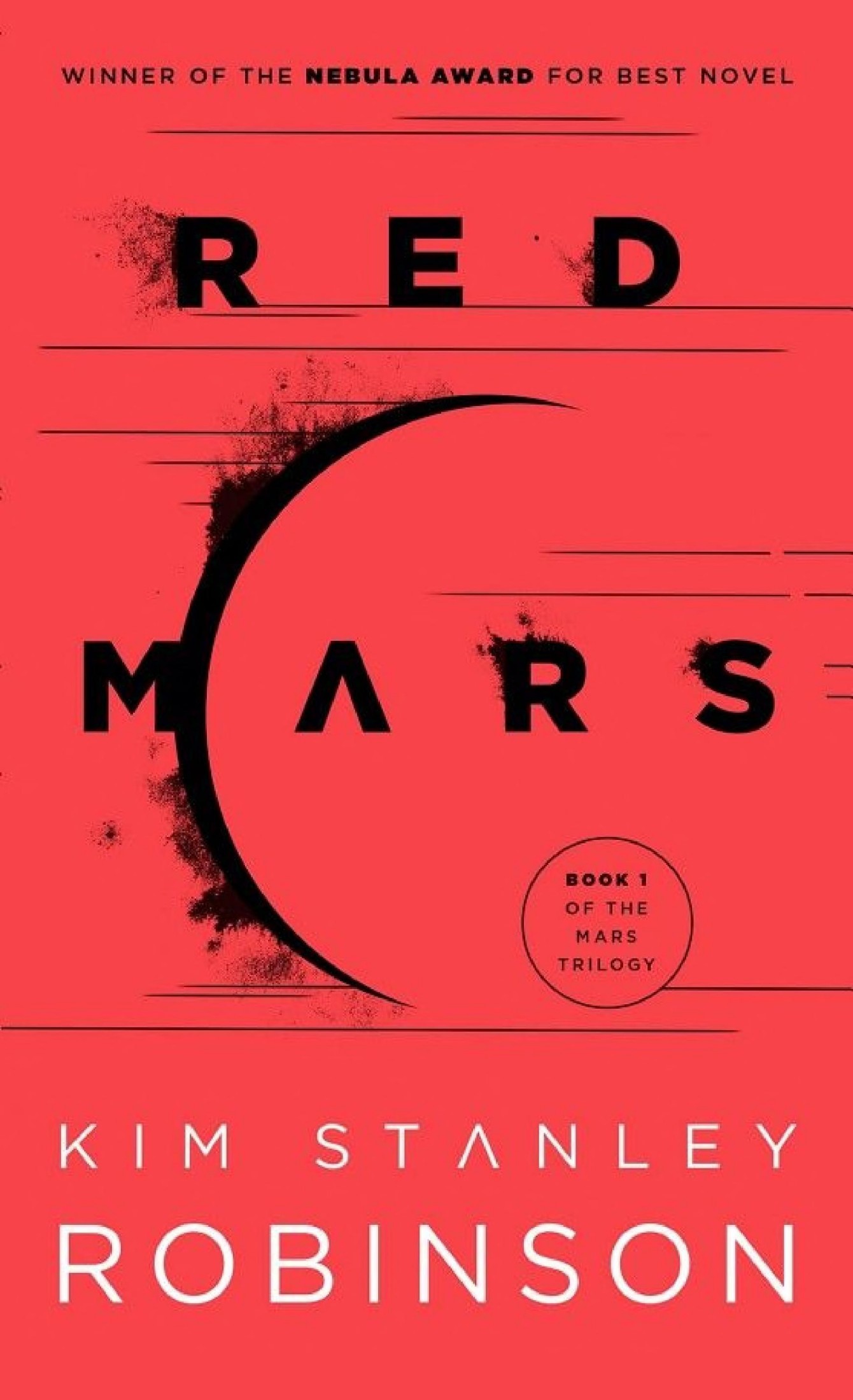Phil in SF reviewed Red Mars by Kim Stanley Robinson (Mars, #1)
Let's Colonize Mars
3 stars
The first half-century of Mars colonization told from the perspective of a half dozen members of the first 100 colonists, each representing a faction or a school of thought. One there because they get off on hard work, one there for a personal political legacy, another there to make money for the capitalists, one for preservation & research, one for terraforming as fast as possible, one to create a new society, one who spearheads a Mars for Mars colonists movement…
Too dry and long for me to really enjoy it.
The first half-century of Mars colonization told from the perspective of a half dozen members of the first 100 colonists, each representing a faction or a school of thought. One there because they get off on hard work, one there for a personal political legacy, another there to make money for the capitalists, one for preservation & research, one for terraforming as fast as possible, one to create a new society, one who spearheads a Mars for Mars colonists movement…
Too dry and long for me to really enjoy it.

